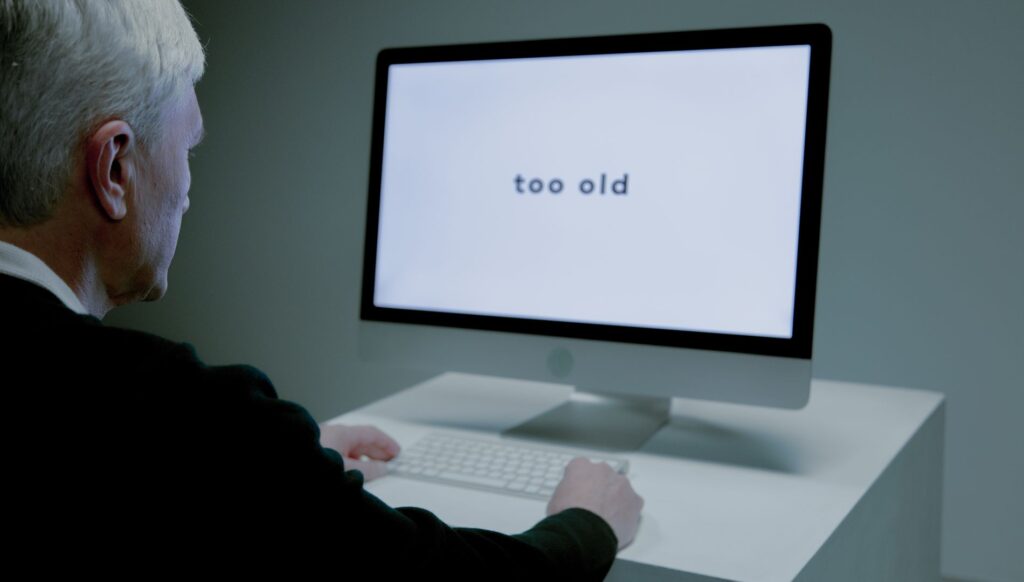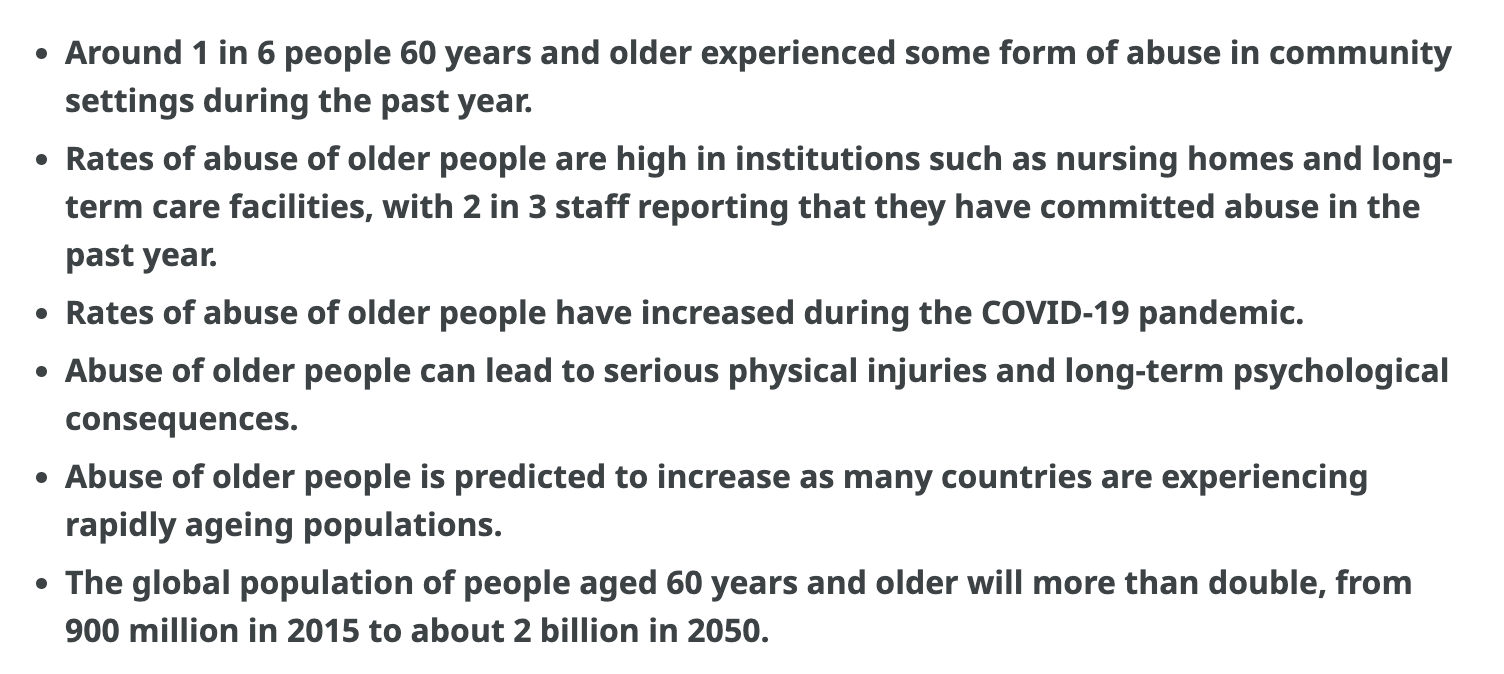@2021 invictIQ is a venture by Sprint Consultancy. All rights reserved. Privacy Policy.

Ageism : Unmasking the silent epidemic and demanding change
by Mark Topps
We are living in an aging society, and the other day, while I was standing in line at the supermarket, I noticed a middle-aged man in front of me making several comments about an elderly lady who was struggling with her purse, cards, and payment. It got me thinking about ageism and the abuse our elders must face, which made me feel sad inside and wanted to write about this, but also provide some non-confrontational things we could do if we witness ageism and discrimination.
Ageism is classified as discrimination under the Equality Act, but other than in the workplace, I have never heard or read about anyone being convicted of this. I thought I would jump onto google which confirmed my thoughts, that ageism is the least challenged and understood form of discrimination, which is why we probably never hear about convictions.
Ageism often stems from negative stereotypes about older people, such as being frail, slow, forgetful or unable to learn new things. In most parts of the world age is seen as a wisdom, with elders being treated with the upmost respect, but sadly I do not see this in our society. Having supported older people over the years, I have heard first hand how they do not go outside due to fear of the teenagers, how they have disconnected from their families and the impact on their wellbeing and self-esteem.
There is a fine line between ageism tipping into elder abuse, and whilst we are aware of older people who are abused and harmed by someone they trust physically, emotionally, financially or sexually, we need to do more about preventing ageism so it does not tip into the category of abuse.
After witnessing the old lady struggling to pay in the supermarket and the reaction to others in the queue, I spoke to a couple of people about this and how it made me feel. It was clear that people thought that the government, local authority and media needed to do more to raise awareness of ageism but none of the people I spoke to felt that it was their place to call it out.
So what can we do?
Firstly, we need to educate ourselves and our teams about ageism, the impact in can have on people and some of the stereotypes with older people. Hopefully the first part of this article has helped with that. This will take some self-reflection, as we are all guilty of having biases and preconceptions and one exercise you could do with your team would be to discuss these biases, how they may have come about and how you can change that mindset.
Many of us have the opportunity to support the younger generation to have more understanding, and last week I wrote about intergenerational care. We should all strive to embed this within our services somehow, as the younger generation are the future, and if we can ensure they grow up more informed and educated, this will help prevent ageism in the future.
One thing we can all do is speak out and this does not have to be in a confrontational manner. For example, we can let people know if a joke about age is inappropriate and using the supermarket example I witnessed last week, I could have called out the man in front of me for his comments, but also I could have said nothing but just stepped forward to help the elderly lady with her things. I do truly believe we have the power to educate others through a simple reminder of an inappropriate comment or joke or through an act of kindness/action as it will mean people will naturally self-reflect.
As individuals or with our organisations, we could get involved in local or national initiatives that aim to combat ageism. One thing a number of providers now do is to use advocates and people with lived experience to talk to their teams about the impact ageism has, and we could take this one step further and utilise this into social media posts using the words and impact we have heard (or video is consent is obtained) to help drive that awareness further.
We all have a part to play in combatting ageism, and before you click off this article, stop for a moment, and think about the action you are going to take. Some of the simple things you could do would be:
- Add ageism awareness on your next team meeting agenda.
- Share this article, along with your action and ask others what they are going to do.
- Support legislations, campaigns and petitions relating to ageism and abuse.
- Promote aging positively.
- Contribute to research.
- Engage in discussions.
- Become a role model.
The biggest thing we can all do is ensure we put the people at the heart of everything we do. Allowing those we care for to express their unique needs, preferences and goals instead of relatives or staff perpetuating stereotypes and biases in planned care delivery will ensure biases are not impacting on the outcomes for the individual.
Through self-reflecting, raising awareness and challenging poor practice, we can empower older people and remove ageism from our communities.

Mark Topps is a social care leader who has worked in the care industry since 2004 and is currently working as a regional support manager. He regularly advocates, appearing on television, radio and podcasts and has started many campaigns for change in legislation and culture within the industry. Mark is the co-founder of The Caring View which is a social care podcast, YouTube show and free resource initiative for the sector. He also co-founded The Health and Social Care Club, which is an audio event hosted on LinkedIn. Mark is also the social media and marketing director at the National Association of Care and Support Workers.
Share
Sign up for our newsletter

